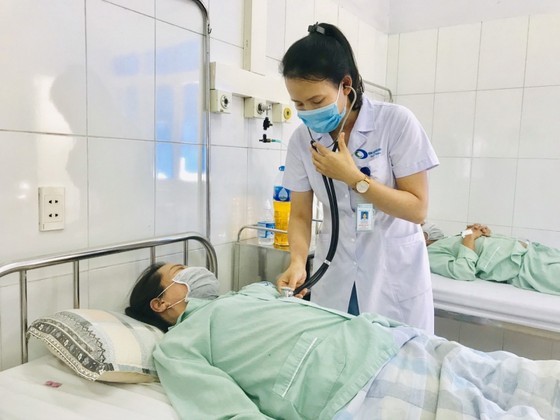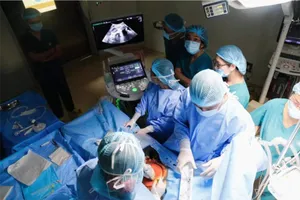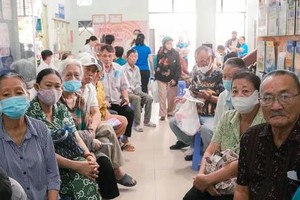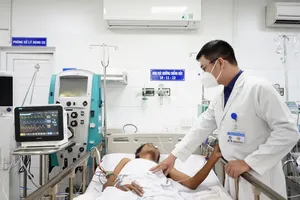 |
The Drug Administration of Vietnam has just sent a document to relevant units on ensuring the supply of Albumin and Globulin infusions. Specifically, the Administration proposed to health departments in provinces and cities, hospitals, and institutes under the Ministry of Health have specific plans to prepare and reserve the two medicines.
Moreover, health departments in provinces and cities, hospitals and institutes should proactively contact importers and supply agencies soon to sign procurement contracts and have measures to replace the two infusions in case there is a risk of supply shortage, to ensure timely enough infusion to serve people in the area for treatment of patients.
The National Institute for Control of Vaccines and Medical Biologicals was requested to check the batches of Albumin and Globulin infusions within the prescribed time limit, avoiding delays in the supply. Drug-importing establishments shall take measures to increase imports and ensure the maximum supply of Albumin and Globulin infusions.
To units with official dispatch requesting supply and units reporting a lack of Albumin, Globulin will be given priority over others. In addition, the National Institute for Control of Vaccines and Medical Biologicals is responsible for synthesizing all estimates of medical examination and treatment facilities to plan and sign contracts early with production facilities and suppliers to make sure that these facilities can be proactive in timely production and supply for the Vietnamese market, avoiding the shortage of Albumin and Globulin infusions due to late signing of contracts.
Previously, the Drug Administration of Vietnam received information that Ho Chi Minh City and many localities across the country had a sudden increase in demand for Albumin and Globulin infusions, leading to insufficient supply. This is a commonly used infusion solution for the treatment of shock due to blood loss, burns, decreased plasma protein levels due to surgery or liver failure, and as an adjunct to surgery. The drugs are used as maintenance therapy for people with the disease's inability to produce enough IgG antibodies.
























